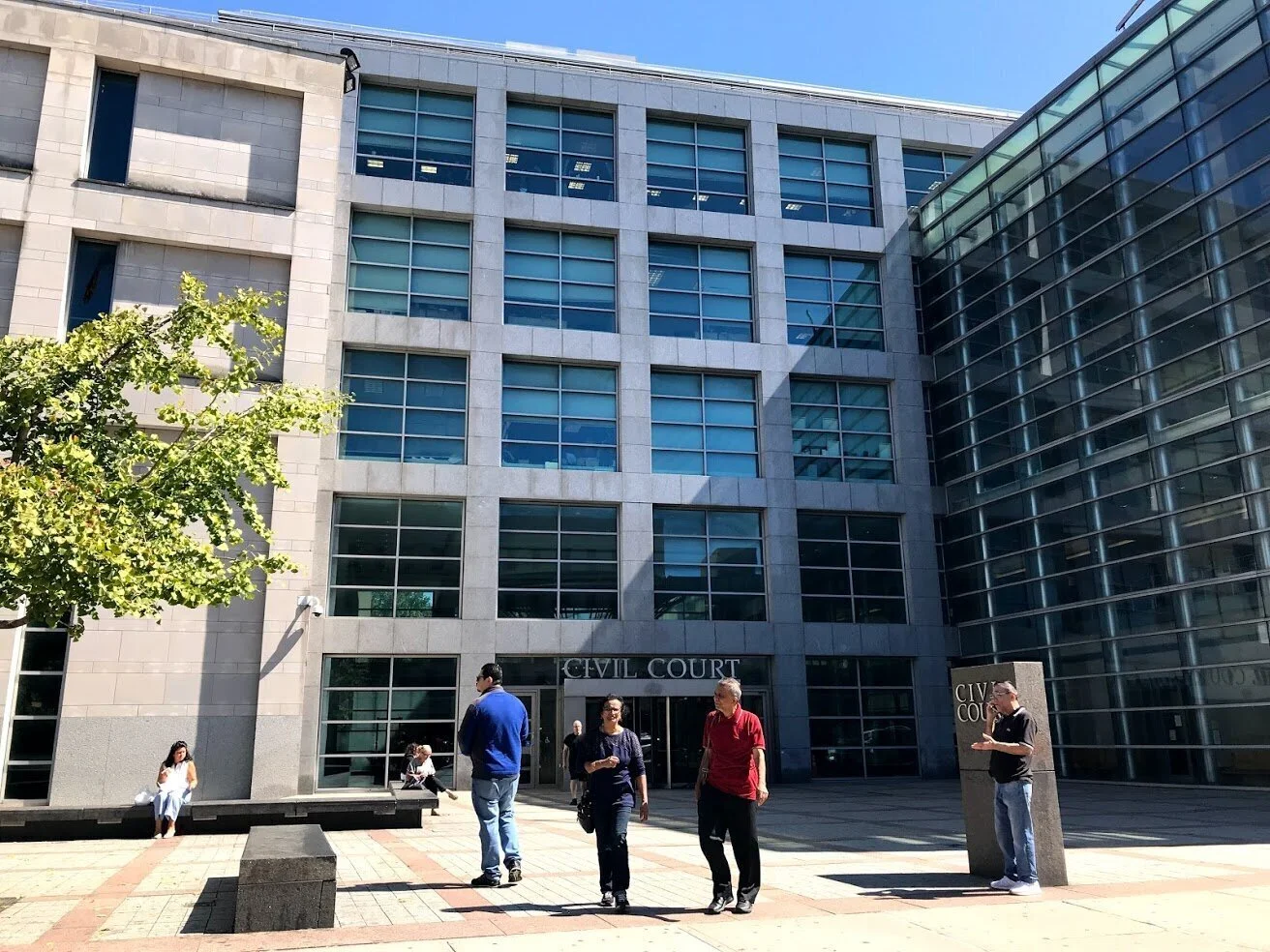Voters to decide on NYC Civil Court claims limit increase
/Voters will decide whether to increase the claims jurisdiction in New York City Civil Court on Nov. 2, 2021. Eagle file photo by David Brand
By Jacob Kaye
Queens residents will have plenty of things to vote on come Election Day.
From a new mayor, to a slate of freshman City Council candidates and a handful of new judges, the city is gearing up to change the face of every branch of government in the five boroughs on Nov. 2.
But also on this year’s ballot is a question that would change the scope of cases heard in New York City’s Civil Courts.
The fifth of five ballot measures – which will appear on the back of voters’ ballots – asks whether New Yorkers support increasing the claim limit in Civil Court from $25,000 to $50,000.
Proponents of the ballot measure say that if passed, the measure would help reduce the backlog of cases currently in the city’s Supreme Court, Civil Terms. It would also bring the court’s claim limit more up to date with inflation, they say.
Currently, New York City’s Supreme Court, Civil Terms have a backlog of 159,320 cases, according to the Office of Court Administration. Queens County Supreme Court, Civil Term has a backlog of around 32,770 cases, the second fewest in the city.
If passed, the proposed measure would be the first time the claims limit has changed in Civil Court in the city in nearly 40 years. In 1983, the last year it was changed, the court’s claims jurisdiction jumped from $10,000 to its current limit of $25,000.
In 1995, New Yorkers rejected a ballot measure that would have increased the limit to the currently proposed $50,000.
Citizens Union, a nonpartisan watchdog organization, is encouraging voters to vote ‘yes’ on the proposal.
“This is a pretty straightforward proposal,” said Ben Weinberg, the policy director at Citizens Union. “We think this proposed increase in jurisdiction is reasonable.”
The reason for the change in 1983 was to match inflation and to reduce backlogs in Supreme Court.
“We believe the same reasons are valid today,” Weinberg said.
Though the limit is being raised to better match the rate of inflation over the past four decades, it still comes up a little short, Weinberg said.
However, Citizens Union hasn’t considered advocating for an even larger jurisdiction increase.
“It's not easy to amend the New York State Constitution – it takes time. This limits the ability to make small changes,” he said. “It's definitely something to consider, but Citizens Union doesn’t have any position on it.”
Frank Bruno, the president of the Queens County Bar Association, said the group of Queens attorneys was in favor of the proposal.
“We are in favor of [the ballot question],” Bruno said. “I think that could potentially alleviate some burden from the Supreme Court. The Civil Court could share some of the caseload for the lower monetary threshold cases.”
Lucian Chalfen, the spokesperson for the Office of Court Administration, said the court system doesn’t have any objection to the proposal. However, Chalfen said they do wish that there were even more structural changes to the courts up for debate.
“While we have no objection on the merits – New York City’s lower court is overdue for an increase in its jurisdiction, last increased almost [40] years ago, we would really prefer to see an across-the-board reevaluation of the court structure and jurisdictional allocation such as we are proposing in the Chief Judge’s constitutional restructuring plan,” Chalfen said.
Last year, Chief Judge Janet DiFiore issued a report on her and her Commission to Reimagine the Future of New York’s Courts recommendations to restructure the state’s courts. The November 2020 report focused heavily on updating the courts internet presence, moving certain proceedings online and making the courts more public virtually.
In 2019, DiFiore issued a similar report in which she called for the streamlining of the court system, specifically calling for a consolidation of the state’s 11 trial courts into a “three-level structure consisting of a Supreme Court, a Municipal Court, and Justice Courts serving New York’s towns and villages.”
The report also called for the abolition of New York City’s Civil and Criminal Courts and for the creation of a new Municipal Court in their stead.
In the proposal for the changes – which would have required an amendment to the state’s constitution – the State Legislature would have had to pass a proposal in the 2020 and 2021 sessions and voters would have had to approve it in the upcoming general election.




